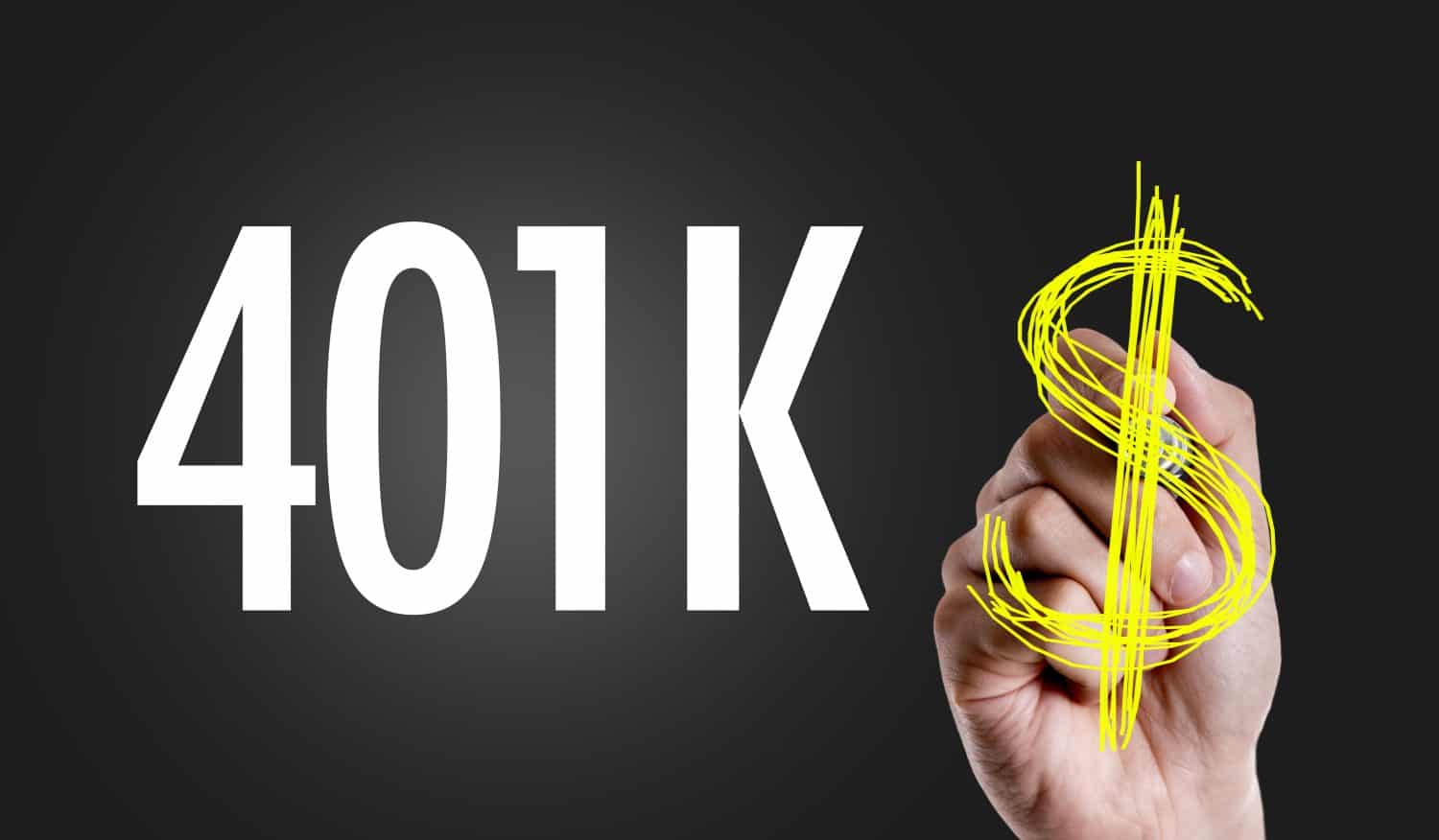
"Maxing out the 401(k) doesn't always make sense, especially if there's no employer match and one's in a low-income bracket or in need of greater liquidity."
"The 401(k) is a fantastic tax-advantaged account that can really take advantage of the power of tax-free compounding."
"While I'm a fan of the benefits to be had with the 401(k), especially tax deferral, it's important to balance it with liquidity needs."
"Those with tighter budgets may find switching to a taxable account beneficial, particularly due to stagflation risks and inflation concerns."
Many Americans face a common retirement savings dilemma: prioritize maxing out a 401(k) or investing in a taxable account. While the 401(k) offers significant tax advantages and employer matching, its drawbacks include illiquidity and penalties for early withdrawal. Taxable accounts provide easier access to funds, making them more suitable for those facing liquidity needs or unexpected expenses. Individuals must consider their financial circumstances, particularly in light of current economic pressures, and may benefit from consulting a wealth planner to evaluate the best strategy for their retirement planning.
Read at 24/7 Wall St.
Unable to calculate read time
Collection
[
|
...
]